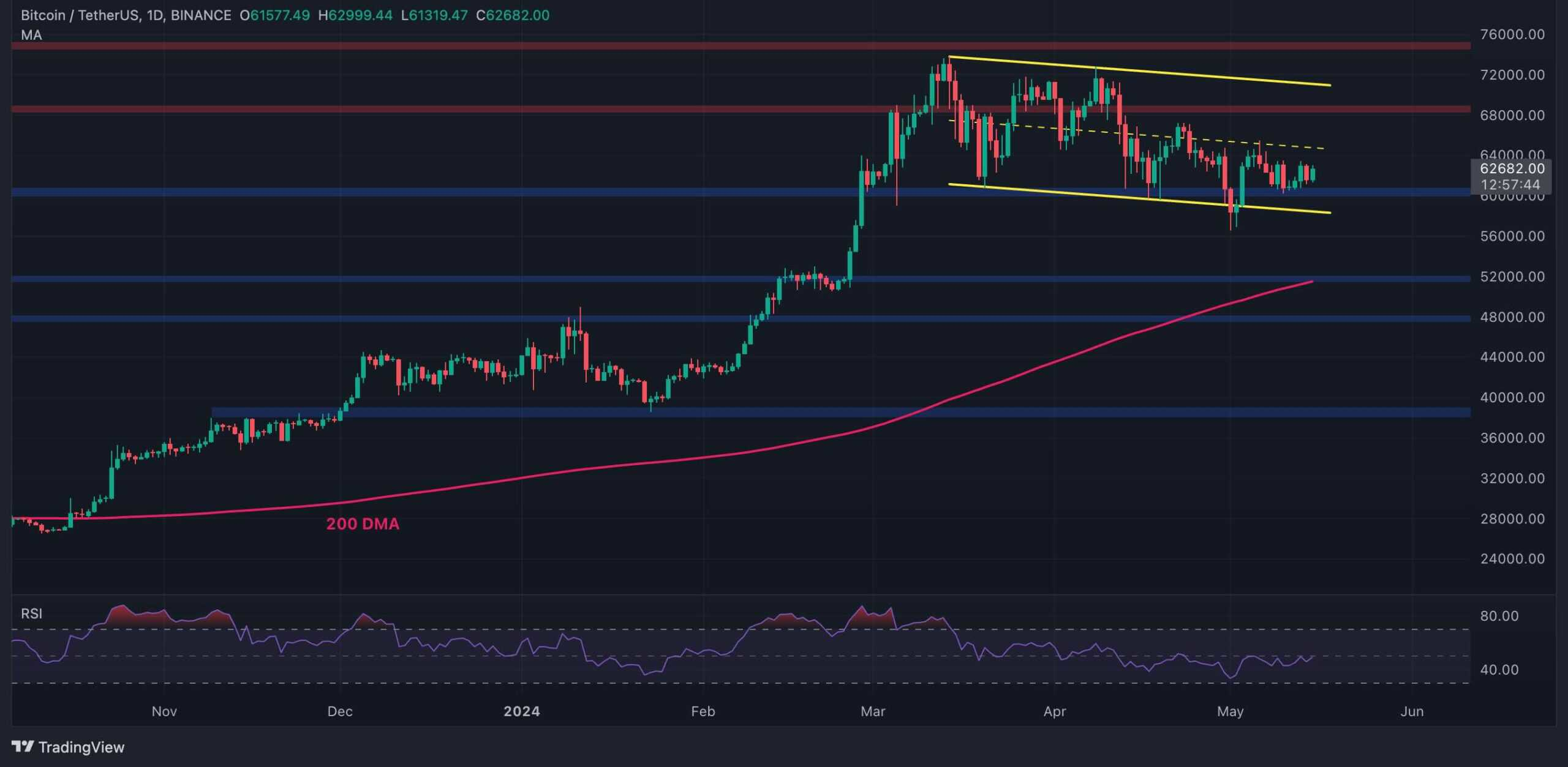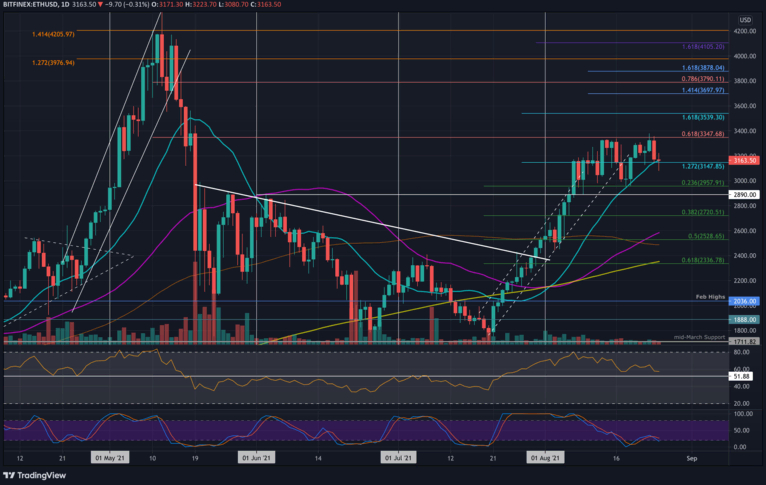
Following the FTX downfall, a significant outflow of capital from the market occurred, with around $270 billion leaving the crypto space within four days. As a result, total market capitalization dropped to $830 billion on November 10, the same level it reached in January 2018. However, these outflows have now stabilized, with users cashing out at similar rates to before the FTX crisis.
Shift to Self-Custody Solutions as Centralized Exchange Inflows Drop
We can observe a shift in user behavior following the FTX collapse, with net inflows to centralized exchanges dipping below zero for most hours. This suggests that users are withdrawing funds in favor of self-custody solutions, such as personal wallets. However, there have been increases in funds sent to decentralized finance (DeFi) protocols, indicating a shift in how crypto is stored and traded, though it observed that the growth in DeFi transactions is largely driven by existing users and bots.
Decentralized Finance Sees Minor Growth as Users Seek Stability
While decentralized finance (DeFi) transactions have seen an uptick following the FTX incident, the majority of decentralized exchange (DEX) inflows are coming from other smart contracts and MEV (maximal extractable value) bots rather than significant flows from centralized exchanges (CEX). This suggests that while users are seeking alternatives to centralized platforms, they are not yet shifting large amounts of capital into decentralized options.
Market Shows Signs of Stabilizing After Recent Sell-Off
After the initial sell-off, the total market capitalization has dropped 1.6% to $871 billion, according to CoinGecko. Bitcoin was down by 1.7% to $16,500, and Ethereum dropped 3.5%, trading below $1,200. However, the market appears to have found a bottom, with no further major sell-offs or capitulations despite news of more companies halting withdrawals.



